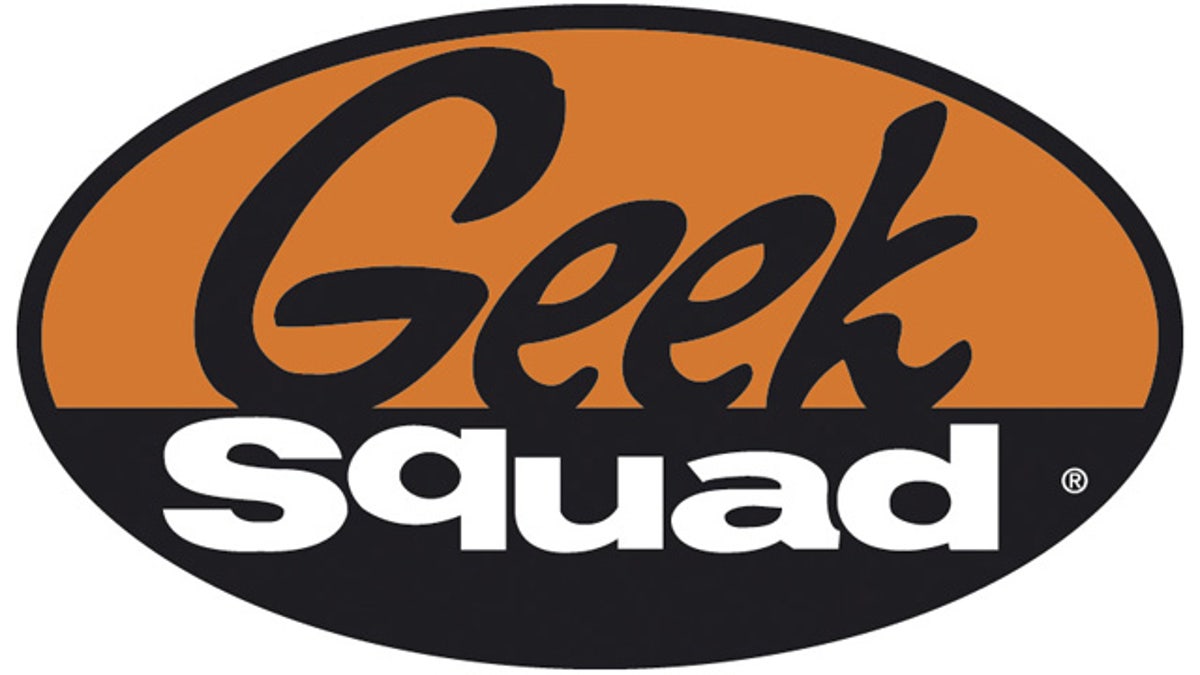
(The Geek Squad)
You've got tech questions, we've found the answers. We've asked the tech experts at the Geek Squad to help you make the most of your technology, answering your thorniest tech questions. So if you're wondering what to buy, how to plug it in, or how to fix it, the Geek Squad can help.
This week, Geek Squad agent Donald Barthelemy fields YOUR questions.
"My computer at home won't connect to the Internet, it says because of spyware. Do I have to take it to a shop to clean out all the viruses? How do you battle this stuff?" -- Cleaven Brent
When it comes to Trojan horses, the fundamental strategy is prevention -- making sure the pesky bits of malicious code never infect your computer in the first place. Getting a Trojan can be a huge headache as it can damage your software, corrupt your saved files, and put your personal information at risk.
This means regularly updating your antivirus software (at least once a year) and scanning your system weekly is imperative. It’s also important to maintain best practices when using your computer and accessing the Internet. Keeping backed up copies of important files is also a good idea.
Also, never open e-mail attachments from people you don’t know and be wary of those with extensions such as *.exe.
If you do indeed get a Trojan -- or a virus, a slightly different bit of badware -- not all is lost. Usually your antivirus software should be able to clean up the offensive code. There are also numerous removal guides online with step by step directions on how to remove your specific virus but depending on your familiarity with the inner workings of your computer, you may want to get expert help from experts at the Geek Squad.
Oftentimes, Trojans bury itself deep inside your system requiring savvy knowledge of your operating system and registry entries. And tampering with your computer registry is not recommended unless you are confident you know what you are doing, because it could force you to format or wipe out your hard drive.
But don’t worry; formatting isn’t the end of the world as long as you have all your files backed up. In fact, for peak computer performance, it’s recommended that you format your computer once every couple of years -- remember how fast it felt the first day you got it? Maybe getting a Trojan isn't that bad after all.
"One day my flash drive is working, and then without warning, provocation, or incident, the next day it's dead. What happens that kills a flash drive, and once it happens, is there any hope for recovery?” --Dave Johnston
This usually happens when the flash drive was pulled from USB port without ejecting. The proper way to eject is to go to “safely remove hardware icon” located by the Time clock in windows (at the bottom-right-hand corner of the screen.).
For every device that holds memory, it's always good to have a backup of a backup (having a second flash drive to back up the first) to be extra safe. There's software available online that offers recovery options and may help in the data recovery process.
"I recently got a computer from an auction. The company that owned the computer closed up. The computer has an admin password on it and it will not let me download and antivirus or add any programs to it. What can I do?" -- Robert Rodine
Hopefully this machine you got at auction came with the original factory recovery discs. With these discs you can reformat the machine back to day one, hence removing any passwords on it (Warning this will erase all data on the machine!).
If you don’t have the discs, you can contact the manufacturer and purchase them. If the password is stored only in the BIOS -- meaning it's at a very low level in the computer's software -- the only way it can be hacked is through the manufacturer.
Got a question? E-mail us at AsktheGeeks@foxnews.com and we'll relay it to the Geek Squad. Next week, the Squad will answer the most interesting or most frequently asked questions.




















